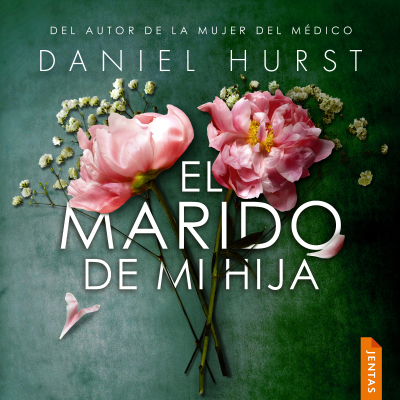
Headlines on health
inglés
Actualidad y política
Disfruta 30 días gratis
4,99 € / mes después de la prueba.Cancela cuando quieras.
- 20 horas de audiolibros / mes
- Podcasts solo en Podimo
- Podcast gratuitos
Acerca de Headlines on health
Follow the latest news about health and wellness, with this collection of reports and interviews from the SBS News team. Hear the story behind the headline.
Todos los episodios
270 episodiosNew developments and old battles: Australia's health year in 2025
As with most years, the health sector has been a constant source of news stories - from outbreaks of illnesses to outstanding medical research, from politics to pandemics, from injuries to infections. SBS news looks back at some of the medical stories that hit the news in 2025.
'Make memories’: the tragic reality of childhood DIPG and the new research giving families hope
An Australian cancer research centre has been awarded a 2.5 million dollar grant to further their research into one of the country 's deadliest brain cancers. Researchers at the Walter and Eliza Hall Institute in Melbourne hope to fast-track diagnosis and treatment options.
'Adult’ pressures hit hard as UNICEF warns teens are losing hope
A new report from UNICEF Australia has found less than a third of Australian teens are feeling excited or hopeful about their futures. Mental health issues and anxiety around 'adult' challenges like housing and money are key drivers of declining wellbeing. For marginalised children and teens, these kind of pressures are felt even more acutely.
'Isolation and shame': Australians are avoiding perinatal mental health support, new research reveals
Around one in four Australians are failing to seek support when experiencing perinatal mental health issues. Experts say the data released by the Gidget Foundation highlights a lack of awareness around signs and symptoms, and ongoing stigma around the issue.
Chris Minns on hospital funding row: we can't all be wrong
State premiers have come together for an urgent meeting, as tensions rise over reaching a new public hospital funding deal with the federal government. A new report from the Grattan Institute also finds Australia's hospitals are wasting more than $1 billion a year on avoidable spending.
Elige tu suscripción
Premium
20 horas de audiolibros
Podcasts solo en Podimo
Podcast gratuitos
Cancela cuando quieras
Disfruta 30 días gratis
Después 4,99 € / month
Premium Plus
100 horas de audiolibros
Podcasts solo en Podimo
Podcast gratuitos
Cancela cuando quieras
Disfruta 30 días gratis
Después 9,99 € / month
Disfruta 30 días gratis. 4,99 € / mes después de la prueba. Cancela cuando quieras.

































